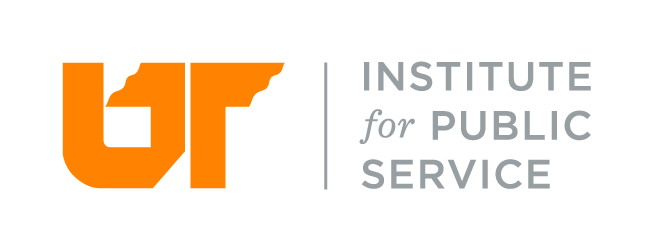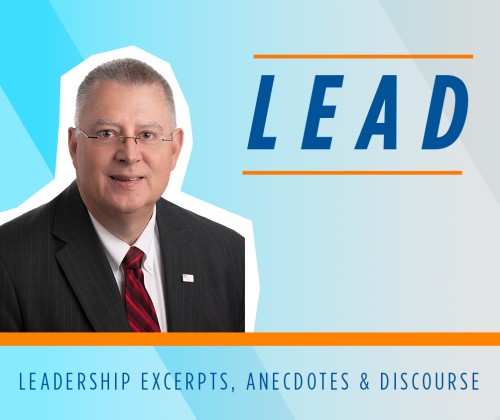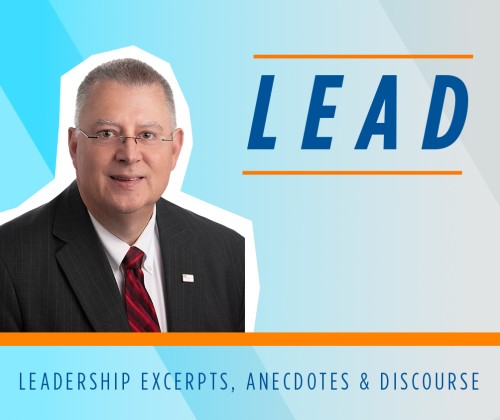Am I Growing or Being Nibbled Down to Size?
The theory says that “when everybody grows, there isn’t less of anybody; there’s more of—and for—everybody” (Jamesin, 1994, p. 3). Jamesin says it’s like taking one candle and lighting another: there’s not less light because you’ve given some away—there’s more.










